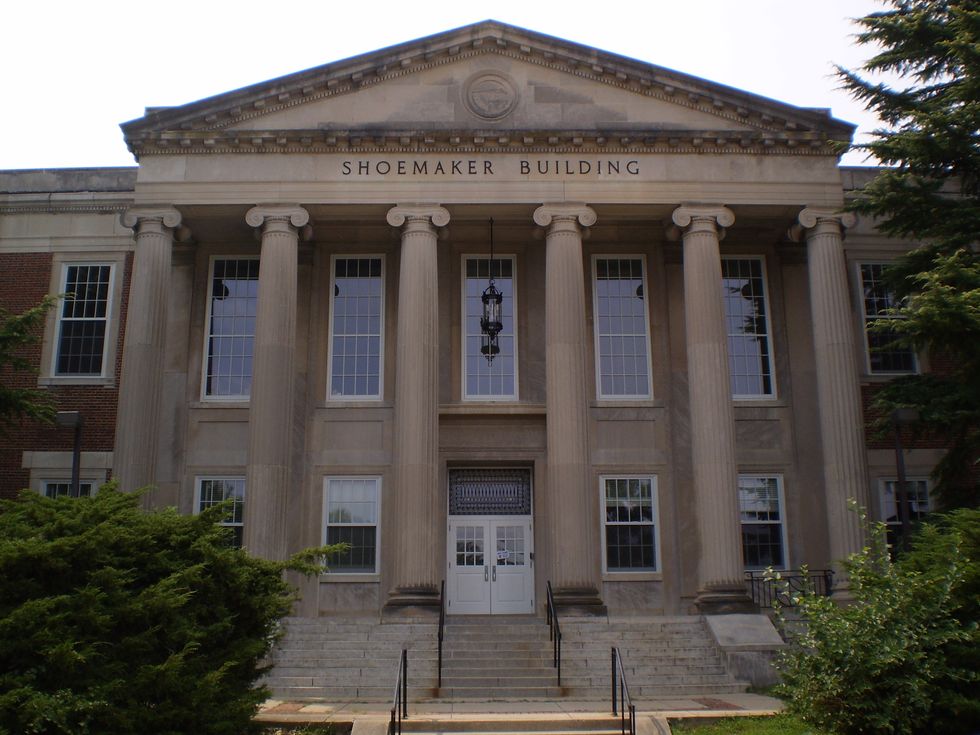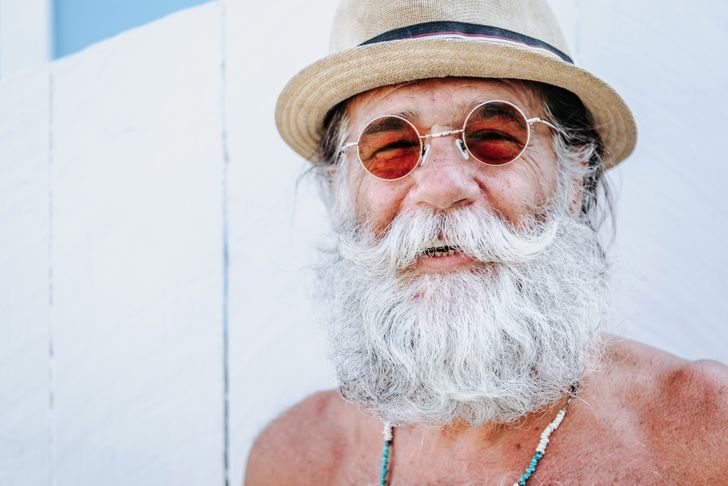University of Maryland’s Counseling Center’s intake and emergency appointments increased by 24% during the 2016-2017 academic year. The Diamondback notes that this is a significant uptick as this was an increase over the three-year average in our University. Does this mean our campus is not made up of ‘resilient’ students but ‘snowflakes’ who can’t handle society?
There are various reasons to explain this increase rather than claim our student body are a bunch of people who can’t handle stress: increased exposure and discussion about mental health, students increased willingness to use the Counseling Center and of course: the 2016 election.
There is a social stigma to discussing mental health. Historically, mental health and illness related to it were viewed with disdain as personal problems. They were seen as problems that the individual themselves brought upon and there is no reason for society and others to get along. The notion of seeking help from psychiatrists and therapists meant that there was something seriously wrong with you, as you were not as ‘normal’ as the rest of society. In the United States, mental health illnesses and mental health behaviors were poorly misdiagnosed and many were shunned away into mental asylums. ‘Away’ from societies eyes and ignored for centuries.
Mental health has become a hot topic issue among our society in the past few years, especially with the rise of social media. Furthermore, research into the field of mental health has improved, as scientific research has come out that stress has a significant health impact resulting in high blood pressure, elevated cholesterol levels, lack of sleep and a weakened immune system. As our society has grown larger and more interconnected, it has become increasingly apparent that non-communicable diseases such as mental health illnesses have begun to plague us. People have become more aware that our personal mental health, especially how we handle our stress and worries have a significant impact on our day to day life. Especially at the University of Maryland, the Counseling Center has been actively educating students and opening the discussion to students to care for their mental health but also refer friends/roommates to the counseling center for help.
However, increased awareness of the Counseling Center does not fully explain this spike in emergency appointments. Noah Collins, who is the center’s associate director, notes that this increase can be explained since the November presidential election there has been “increasing incidents of hate and national divisions in culture”. These “unpredictable” but “hate-filled” crimes that have occurred against marginalized communities on and off campus. The recent murder of Lt. Collins and the white supremacy posters that were found on campus last year had a big impact on the student body.
It reminded them that even though we live in a protected bubble here at the University of Maryland, we are still susceptible to larger social movements occurring in our society. These hate crimes occurred following the presidential election, an election full of hatred and unrefined political dialogue. The normalization of hatred and outright racism onto mainstream media and conversation has encouraged the resurgence of this type of dialogue. The past few decades, US society had deemed this conversation as distasteful and harmful to our nation following the civil rights movement. But the election has revealed the dirty and dark part of America that still is complacent in white supremacy and racism.
In the University of Maryland and many collegiate institutions, there has been a push to increase political dialogue to engage the current political climate. Students are being told to move outside of their protective bubble and step into this world of hatred and learn how to control it. However, it has become alarmingly clear following the election, engaging in this type of dialogue is not enough.
These events have created a toll on our student body, an invisible but ever-present toll. The Counseling Center notes that there have been more students coming in trying to understand their feelings about the election, hate incidents around campus, the murder of Lt. Collins and the current political climate. They note that there are many students, especially those who are in the marginalized communities that feel harassed, threatened or targeted based on their identities.
Does this mean our student body is failing to adapt and survive in this current climate on our campus? No, the recent increase of usage of the Counseling Center reveals that students are willing to seek services to help manage the stress. A grim fact remains that the student body is seeking guidance and help in order to survive in this confusing world. The Counseling Center does not have the resources nor the time to help every student on this campus, not even the students who have sought these emergency appointments. It is very well known on campus that only a fraction of students who apply for an intake appointment actually get seen in the Counseling Center.
A proposed solution is that the student body seeks alternative methods of mental health dialogue through student groups. If the University does not have the resources to engage this problem, then students need to be trained how to facilitate these dialogues and then have a safe space to discuss. This is a cost-effective method where it further creates resiliency and community within the student body but also helps exposes students to multiple experiences and identities that span across the political and social spectrum.
These safe spaces can be held in student centers like in Adele H. Stamp or in freshmen dorms where any student is welcome to join but follow a certain set of ground rules to ensure constructive dialogue. Currently, the Leadership Community Service Learning office trains students to become student leaders; student leaders that can facilitate dialogues about complex social issues and help other students to build an empathy bridge to understand a variety of social identities, experiences and political beliefs. This office serves about 1000-2000 undergraduate students on this campus- approximately 7% of the student body. It is very clear that it is an underutilized resource and there are plenty of other alternative methods of dialogues on our campus.
Regardless of the solution to this predicament, there is one thing that is clear: the 24% increase in intake/emergency appointments reveals a campus need for mental health support. A need for a community to come together to engage the current political climate in an effective and constructive matter instead of boiling over into anger and hatred.



 Photo by
Photo by  Photo by
Photo by  Photo by
Photo by  Photo by
Photo by 


 people sitting on chair in front of computer
people sitting on chair in front of computer



 all stars lol GIF by Lifetime
all stars lol GIF by Lifetime two women talking while looking at laptop computerPhoto by
two women talking while looking at laptop computerPhoto by  shallow focus photography of two boys doing wacky facesPhoto by
shallow focus photography of two boys doing wacky facesPhoto by  happy birthday balloons with happy birthday textPhoto by
happy birthday balloons with happy birthday textPhoto by  itty-bitty living space." | The Genie shows Aladdin how… | Flickr
itty-bitty living space." | The Genie shows Aladdin how… | Flickr shallow focus photography of dog and catPhoto by
shallow focus photography of dog and catPhoto by  yellow Volkswagen van on roadPhoto by
yellow Volkswagen van on roadPhoto by  orange i have a crush on you neon light signagePhoto by
orange i have a crush on you neon light signagePhoto by  5 Tattoos Artist That Will Make You Want A Tattoo
5 Tattoos Artist That Will Make You Want A Tattoo woman biting pencil while sitting on chair in front of computer during daytimePhoto by
woman biting pencil while sitting on chair in front of computer during daytimePhoto by  a scrabbled wooden block spelling the word prizePhoto by
a scrabbled wooden block spelling the word prizePhoto by 
 StableDiffusion
StableDiffusion
 StableDiffusion
StableDiffusion
 StableDiffusion
StableDiffusion

 women sitting on rock near body of waterPhoto by
women sitting on rock near body of waterPhoto by 








